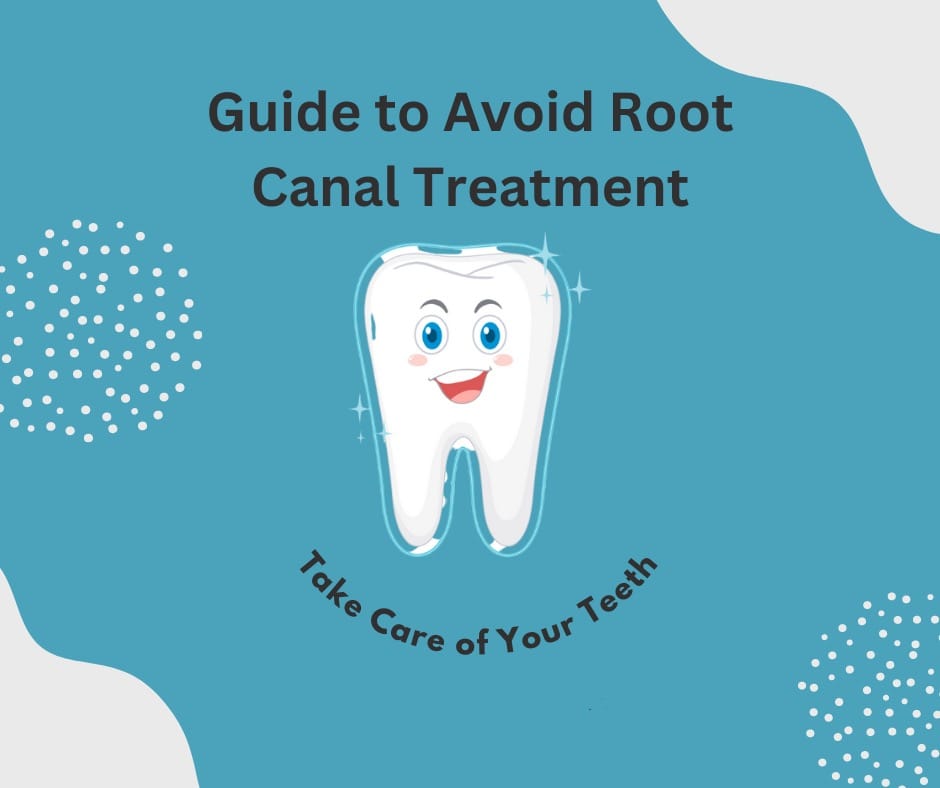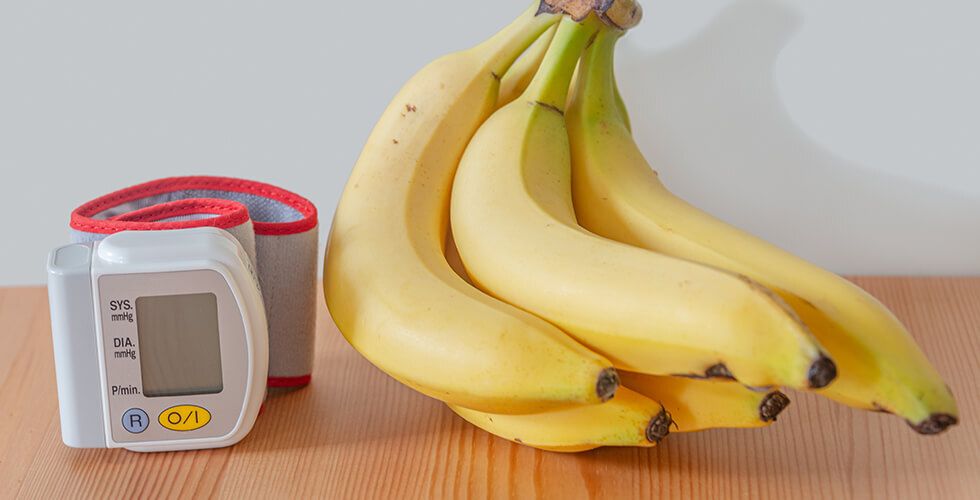Essential Tips to Avoid Root Canal Treatment

The Importance of Preventive Care
Preventive care plays a crucial role in maintaining a healthy smile and avoiding root canal treatment. By taking proactive steps, you can significantly reduce the risk of dental problems that may lead to root canal treatment.
Practicing Good Oral Hygiene
Practicing good oral hygiene is key to avoiding root canal treatment. This includes:
- Brushing your teeth at least twice a day with a fluoride toothpaste
- Flossing daily to remove food particles and plaque
- Using a mouthwash to kill bacteria and freshen breath
- Limiting sugary and acidic foods and drinks
By maintaining good oral hygiene habits, you can prevent tooth decay, gum disease, and other dental issues that may lead to root canal treatment.
Regular Dental Check-ups
Regular dental check-ups can help identify potential issues before they become severe. During a dental check-up, your dentist can:
- Inspect your teeth and gums for signs of decay or disease
- Clean your teeth to remove plaque and tartar
- Provide personalized oral hygiene advice
- Identify and address any oral health issues early on
By visiting your dentist regularly, you can catch dental problems early, preventing them from progressing to the point where root canal treatment is necessary.
Daily Habits to Prevent Root Canal
Root canal treatment can be a costly and time-consuming process, but there are several daily habits that can help prevent the need for it. By incorporating these habits into your oral hygiene routine, you can significantly reduce the risk of root canal treatment.
1. Brush Your Teeth at Least Twice a Day with Fluoride Toothpaste
Brushing your teeth regularly is essential to remove plaque and bacteria that can cause tooth decay and lead to root canal treatment. Use a fluoride toothpaste and brush for at least two minutes, paying special attention to the areas where your teeth and gums meet.
2. Floss Daily to Remove Food Particles and Plaque
Flossing helps remove food particles and plaque from between your teeth and under your gumline, where a toothbrush can't reach. This helps prevent the buildup of bacteria that can cause tooth decay and root canal treatment.
3. Use Mouthwash and Toothpaste with Fluoride
Using mouthwash and toothpaste with fluoride can help strengthen tooth enamel and prevent tooth decay. Fluoride helps prevent acid attacks from plaque bacteria and sugars in the mouth.
4. Visit Your Dentist for Bi-Annual Cleanings
Regular dental cleanings can help remove plaque and tartar buildup, preventing tooth decay and root canal treatment. Your dentist can also identify potential oral health issues early on, preventing more severe problems from developing.
Additional Tips for a Healthy Smile
While maintaining good oral hygiene and visiting your dentist regularly are crucial for preventing root canal treatments, there are some extra tips to help you keep your smile healthy and strong.
1. Get Cavities Filled Promptly to Prevent Further Damage
Leaving cavities untreated can lead to more severe problems, including root canal infections. By filling cavities promptly, you can prevent bacteria from reaching the pulp and causing damage.
2. Wear a Mouth Guard to Protect Your Teeth from Injury
A mouth guard can protect your teeth from injury during sports, grinding, or clenching. This can help prevent chips, cracks, or fractures that can lead to root canal treatments.
3. Avoid Hard Foods That Can Crack or Chip Your Teeth
Hard foods like ice, hard candy, or nuts can crack or chip your teeth, making them more susceptible to decay and root canal infections. Opt for softer foods and cut hard foods into smaller pieces to reduce the risk.
4. Don't Use Your Teeth to Bite Non-Food Items
Using your teeth as tools can lead to chips, cracks, or fractures. Avoid biting non-food items like pens, nails, or hairpins, and find alternative tools to handle these tasks.
The Consequences of Neglecting Oral Health
Neglecting oral health can have severe consequences that go beyond just a simple toothache. Poor oral hygiene can lead to a host of problems that can affect not only your teeth and gums but also your overall well-being.
Cavities, Gum Disease, and Root Canal Treatment
Poor oral hygiene can lead to cavities, gum disease, and root canal treatment. When bacteria in the mouth are not removed through regular brushing and flossing, they can cause cavities and gum disease. If left untreated, these conditions can progress and lead to the need for root canal treatment.
Pain, Discomfort, and Systemic Infections
Untreated oral health issues can cause pain, discomfort, and even systemic infections. Bacteria from the mouth can enter the bloodstream and cause infections in other parts of the body, such as the heart, lungs, and brain. This can lead to serious health problems, including heart disease, respiratory disease, and even dementia.
Furthermore, neglecting oral health can also lead to:
- Bad breath and low self-esteem
- Difficulty chewing and digesting food
- Increased risk of oral cancer
- Impact on overall quality of life
By practicing good oral hygiene and visiting your dentist regularly, you can avoid these consequences and keep your smile healthy and strong.
Conclusion
By following these simple tips, you can significantly reduce your risk of needing root canal treatment. Practicing good oral hygiene, avoiding sugary and acidic foods, visiting your dentist regularly, and avoiding hard foods and ice can help protect your teeth and prevent the need for root canal treatment.
The Importance of a Healthy Smile
Remember, a healthy smile is a key aspect of overall wellness. Not only does it boost your confidence and self-esteem, but it also plays a crucial role in your overall health. By taking care of your teeth and gums, you can prevent a range of health problems, from toothaches and abscesses to heart disease and diabetes.
By incorporating these tips into your daily routine, you can keep your smile shining bright and your teeth healthy for years to come. Don't wait until it's too late – take control of your oral health today and protect your smile for a lifetime!


















Comments ()